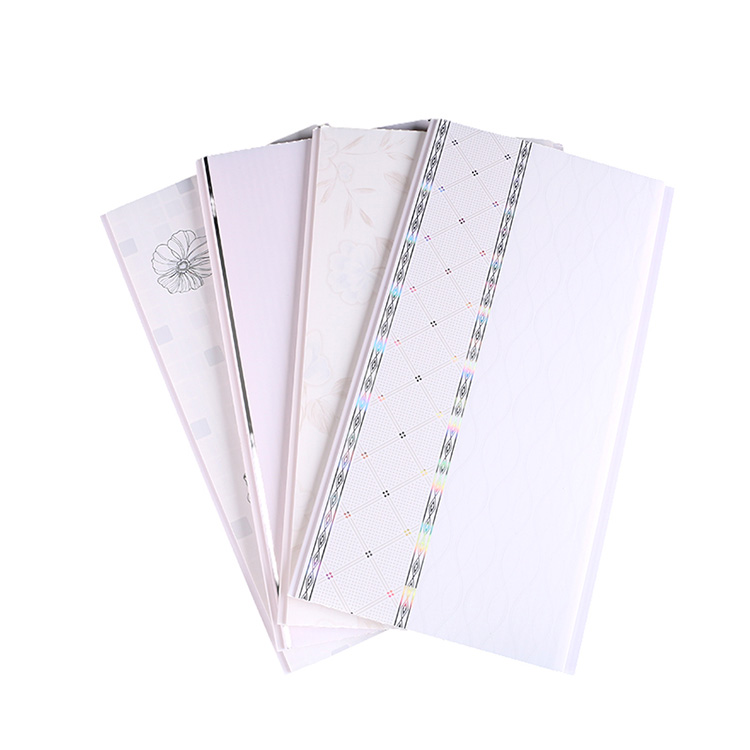Preserving Brilliance: Can PVC Panels Resist Fading or Discoloration from Sunlight or Artificial Lighting
2024-04-16
PVC (Polyvinyl Chloride) panels have become a popular choice for interior design and construction projects due to their durability, versatility, and aesthetic appeal. However, one concern that often arises is whether PVC panels can withstand exposure to sunlight or artificial lighting without fading or discoloration. Let's explore this topic to understand how PVC panels fare under different lighting conditions.
Understanding PVC Panels:
Before delving into their resistance to fading or discoloration, it's essential to understand the composition of PVC panels. PVC panels are manufactured from polyvinyl chloride resin, a synthetic material known for its resilience and versatility. These panels are engineered to mimic the appearance of natural materials like wood, stone, or tile while offering superior durability and ease of maintenance.
Sunlight Exposure:
Sunlight contains ultraviolet (UV) radiation, which can cause fading, discoloration, and degradation of materials exposed to prolonged sunlight. However, PVC panels are designed to resist UV damage and maintain their color and appearance over time. Here's why:
1. UV Stabilizers: Many PVC panels are formulated with UV stabilizers, additives that help protect the material from UV radiation. These stabilizers act as a barrier, absorbing or reflecting UV rays to prevent them from penetrating the surface of the panels.
2. Surface Treatments: Some PVC panels feature surface treatments or coatings designed to enhance UV resistance and prevent fading or discoloration. These treatments provide an additional layer of protection against UV damage, ensuring long-lasting color retention.
3. Color Fastness: PVC panels are available in a wide range of colors and finishes, each formulated to maintain its vibrancy and integrity under various lighting conditions. High-quality PVC panels undergo rigorous testing to ensure color fastness and resistance to fading over time.
Artificial Lighting:
In addition to sunlight, artificial lighting sources such as fluorescent or LED lights can also impact the color stability of PVC panels. However, PVC panels are generally resistant to discoloration from artificial lighting for the following reasons:
1. Color Stability: PVC panels are engineered to maintain their color stability under different lighting conditions, including artificial lighting. Their inherent resistance to fading ensures that they retain their original appearance regardless of the type of lighting used in indoor spaces.
2. Quality Assurance: Reputable manufacturers of PVC panels adhere to strict quality control standards to ensure consistent color accuracy and stability across their product lines. This includes testing PVC panels under various lighting conditions to assess their performance and durability.
Maintenance Considerations:
While PVC panels are resistant to fading and discoloration from sunlight and artificial lighting, proper maintenance can further extend their lifespan and appearance. Regular cleaning with mild detergent and water, as well as avoiding abrasive cleaners or harsh chemicals, helps preserve the integrity of PVC panels and prevents surface damage.
Conclusion:
In conclusion, PVC panels are a durable and reliable option for interior design and construction projects, offering resistance to fading and discoloration from exposure to sunlight and artificial lighting. With their UV stabilizers, surface treatments, and color fastness, PVC panels maintain their vibrancy and integrity over time, enhancing the aesthetic appeal of indoor spaces. By selecting high-quality PVC panels and implementing routine maintenance practices, stakeholders can enjoy the long-lasting beauty and performance of PVC panels in their homes, offices, or commercial establishments.



